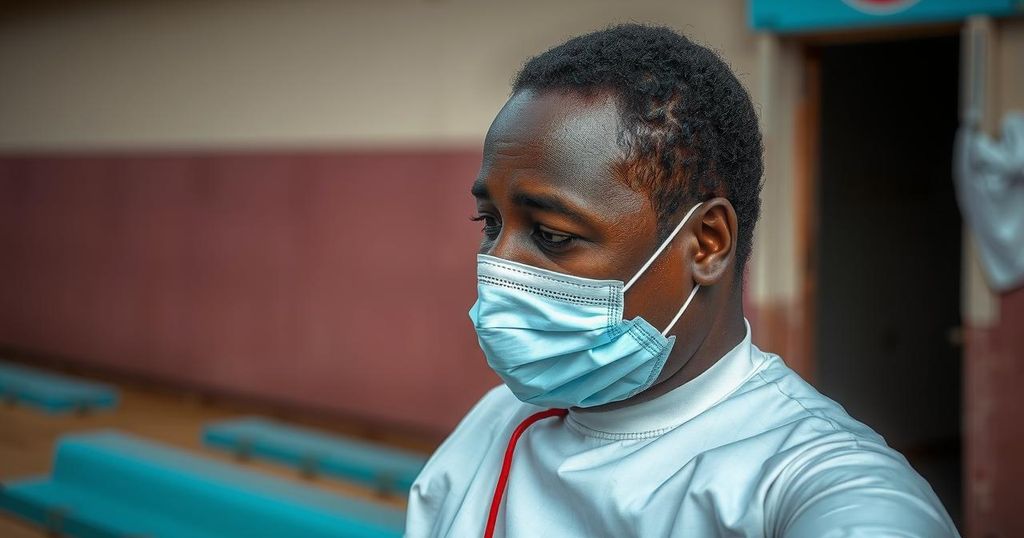Investigation Underway for Mortality-Linked Mystery Disease in Congo
A mysterious illness in the Democratic Republic of Congo has claimed numerous lives. Local health officials are facing challenges in identifying the cause due to limited laboratory resources and underreporting of cases. Initiatives by the World Health Organization aim to enhance disease detection and response, highlighting the broader need for improved global surveillance mechanisms.
A mysterious illness has emerged in the southwestern region of the Democratic Republic of Congo (DRC), resulting in numerous fatalities. Health authorities in the DRC are working diligently to ascertain the cause of this outbreak. They are considering various endemic diseases typical to the region; however, limitations in local clinical laboratories hinder the identification of less common pathogens. The complexity of the situation is exacerbated by the underdeveloped healthcare infrastructure, with remote clinics often understaffed and lacking resources to effectively diagnose all cases.
The high mortality rate and concerning number of affected individuals raise significant alarm. Nonetheless, assessing the true scale of the outbreak remains challenging, as not all infected individuals seek medical assistance. In the DRC, healthcare facilities are sparse, making it difficult for patients to receive necessary care. Furthermore, even when patients do visit hospitals, not every infection undergoes testing, resulting in underreporting of cases.
This situation underscores a broader trend of emerging infectious diseases, often linked to environmental changes such as climate change and urbanization facilitating the transfer of pathogens from animals to humans. The current state of global infectious disease surveillance is also inadequate, particularly in low-resource settings where detection and response mechanisms frequently fail.
To address these challenges, the World Health Organization (WHO) has implemented the 7-1-7 initiative, which aims to enhance the speed of outbreak detection and response. While this initiative aspires to improve timelines for reporting and engagement, it may still fall short for fast-spreading diseases. Additionally, better integration of existing surveillance systems is necessary to bolster public health responses against potential pandemics. The efficacy of these initiatives remains to be fully realized.
The outbreak of a so-called “mystery disease” in the Democratic Republic of Congo highlights critical gaps in disease surveillance and response mechanisms in low-income countries. This incident illustrates the complications faced by health authorities trying to identify and manage unexpected outbreaks, often exacerbated by inadequate healthcare infrastructure and the inability to conduct comprehensive diagnostic tests. As global environmental changes increase the likelihood of novel infectious diseases, the need for improved surveillance systems becomes more pressing.
In conclusion, the mystery disease outbreak in the DRC is a pressing public health challenge that underscores the necessity for improved disease detection and response frameworks. The efforts by local health officials to investigate and understand the outbreak are crucial, yet the systemic issues in healthcare infrastructure and pathogen detection capabilities continue to pose significant hurdles. Global initiatives like the WHO’s 7-1-7 are steps forward, but achieving effective disease surveillance and response remains paramount to prevent future pandemics.
Original Source: www.downtoearth.org.in




Post Comment